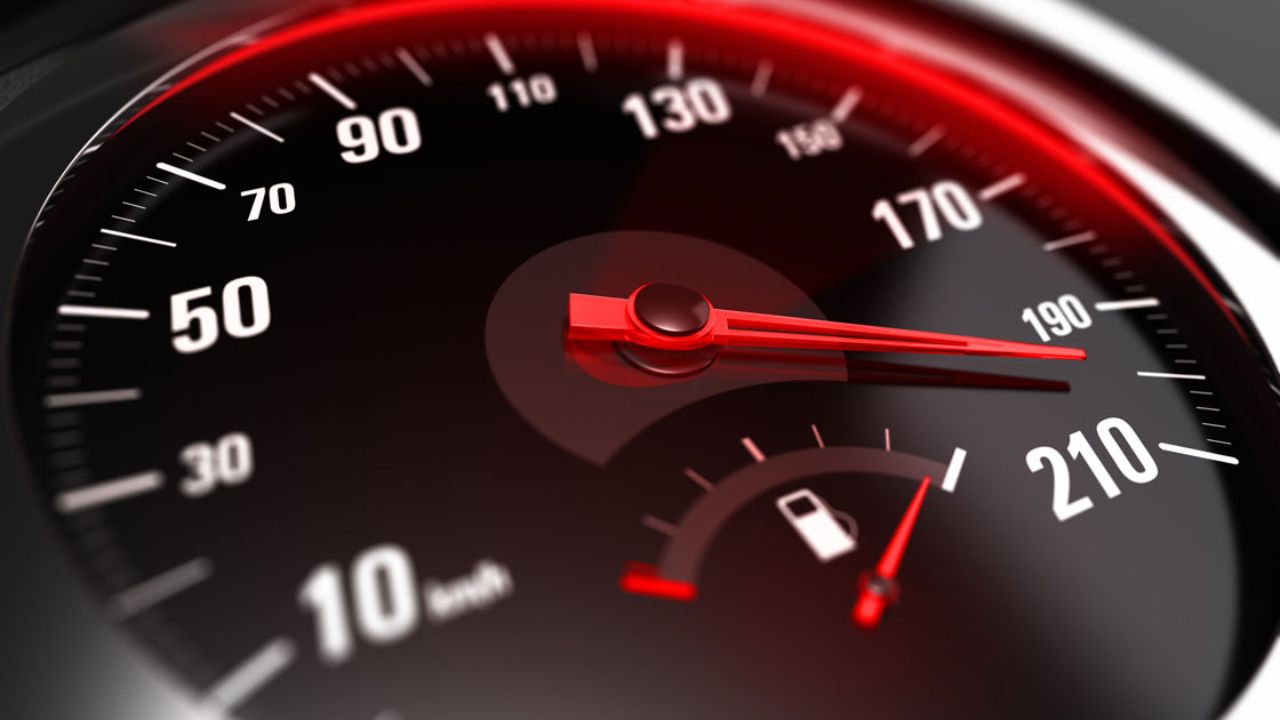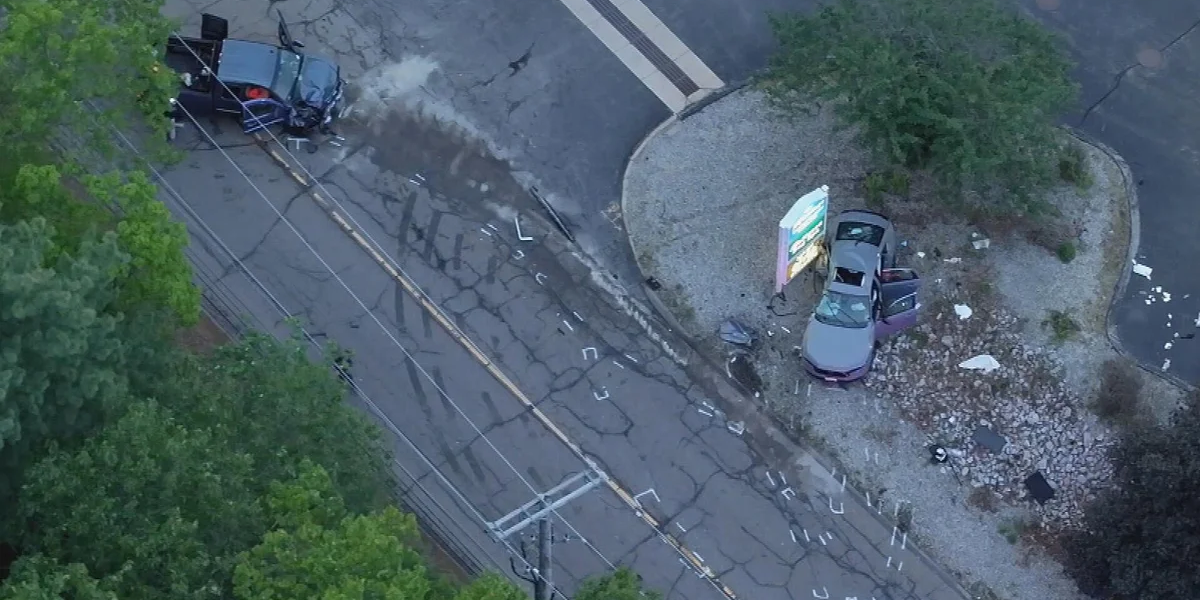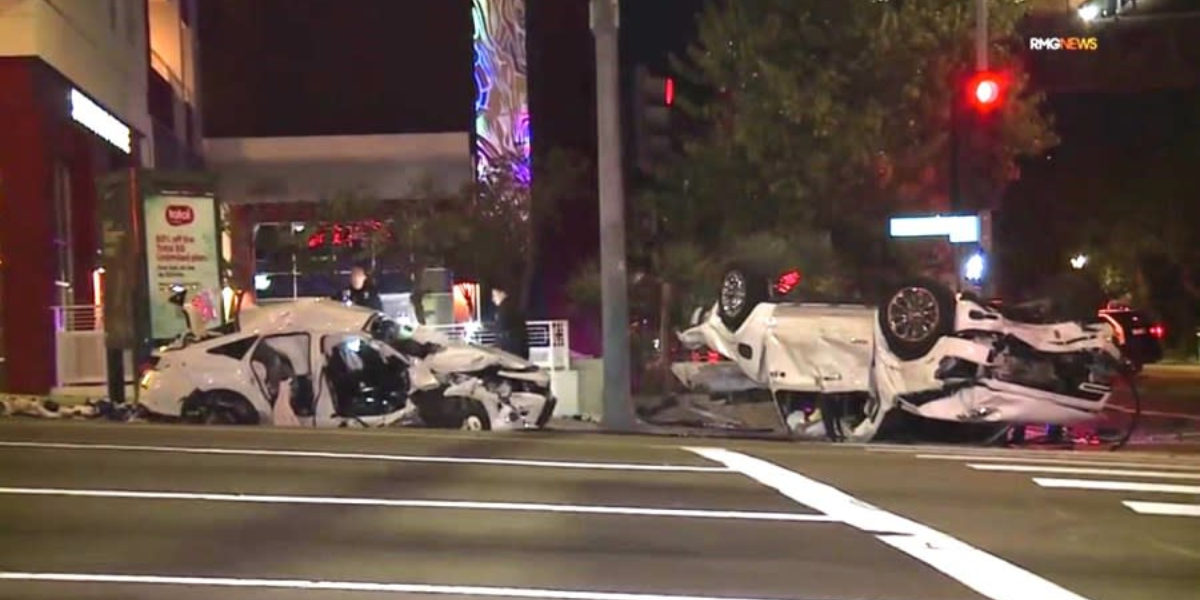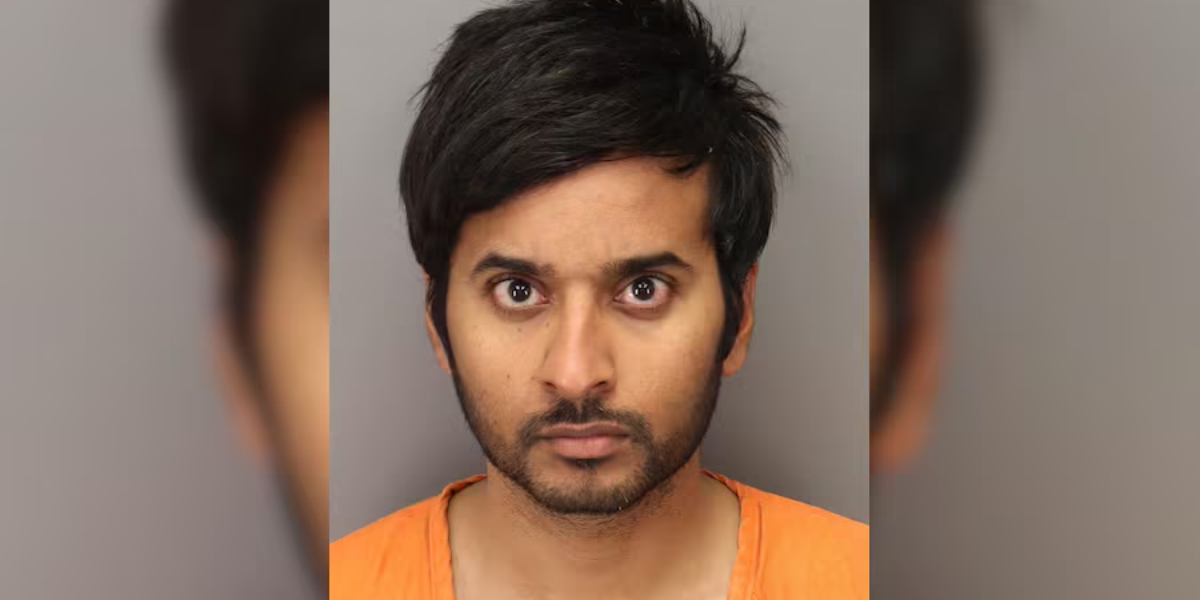Miami, Fla. — Florida is cracking down hard on reckless driving. Under the newly approved House Bill 7260, driving over 100 miles per hour or exceeding the speed limit by more than 50 mph is now officially a criminal offense. The law, which went into effect in 2025, marks a turning point in the state’s efforts to curb dangerous speeding, illegal street takeovers, and social media–driven racing culture.
A Growing Problem on American Roads
Across the U.S., the Department of Transportation (DOT) has identified an alarming rise in illegal street racing and street takeovers — events that often involve groups blocking intersections, performing dangerous stunts like donuts or burnouts, and live-streaming the chaos online.
States such as Florida, Ohio, and Connecticut have seen a surge in these activities over the last few years, with tragic results. The events not only endanger participants but also bystanders, law enforcement officers, and other drivers.
In response, several states are passing tougher legislation to combat what officials describe as a “reckless driving epidemic.”
What the New Florida Law Says
Florida’s House Bill 7260 directly targets high-speed offenders and participants in organized racing events. The new law classifies driving over 100 mph as a criminal act — not just a traffic infraction.
Under this legislation:
- First-time offenders can face up to 30 days in jail or a fine of at least $500.
- Repeat offenders face higher fines, longer jail sentences, and possible driver’s license suspension or revocation.
- Those caught organizing or participating in street takeovers could face criminal charges and vehicle impoundment.
The goal, according to state officials, is to end the normalization of extreme speeding and restore safer road conditions across the Sunshine State.
Understanding Street Takeovers
A street takeover occurs when groups of drivers and spectators block a public roadway or intersection to perform dangerous car stunts — often recorded and shared on social media for views. These events typically happen late at night and can draw hundreds of people.
Officials say the trend, which began in large metro areas like Los Angeles and Atlanta, has now spread to Miami, Orlando, Tampa, and other Florida cities. Beyond the obvious safety risks, street takeovers also obstruct emergency vehicles, damage public property, and invite criminal activity like theft and assault.
The Role of Social Media
Authorities emphasize that the rise of platforms like Instagram, TikTok, and YouTube has helped street racing culture grow rapidly. Videos of high-speed chases and late-night drift events often go viral, attracting thrill-seekers and imitators.
Read Also: Alaska to Distribute $1,702 Stimulus Payment on October 23 to Eligible Residents
The U.S. Department of Transportation warns that social media’s role in glamorizing this behavior has made it harder to control. Officials are now considering digital enforcement tools and partnerships with tech companies to remove or flag content promoting these illegal activities.
Other States Join the Crackdown
Florida isn’t alone in this fight. In Ohio, House Bill 56 increases penalties for illegal racing, stunts, and police evasion. Similarly, Connecticut has introduced new measures to penalize street takeovers with fines, vehicle confiscation, and license suspension.
The national strategy aims to create consistency in enforcement and discourage interstate participants who often travel between states to attend large events.
“Desperate Times Call for Desperate Measures”
Lawmakers argue that stricter rules are necessary to save lives. In Miami-Dade County, being part of a group of 10 or more vehicles involved in a takeover can now lead to immediate arrest, heavy fines, and even confiscation of vehicles or bicycles.
Supporters of the law say it’s a decisive step toward dismantling a car culture that celebrates danger. Critics, however, warn that it could lead to over-policing and disproportionately affect young drivers.
Still, with fatal crashes linked to speeding rising nationwide, officials insist the change was overdue.
What Florida Drivers Should Know
If you live in or plan to drive through Florida, think twice before pushing your speedometer past 100 mph. Beyond risking your life and others’, you could now face criminal charges for what used to be considered a severe speeding ticket.
As the U.S. redefines road safety laws, Florida’s new approach could become a model for other states determined to make their highways safer.
Do you think Florida’s new speeding law is fair or too strict? Share your opinion and join the discussion at ibwhsmag.com.


 by
by 

